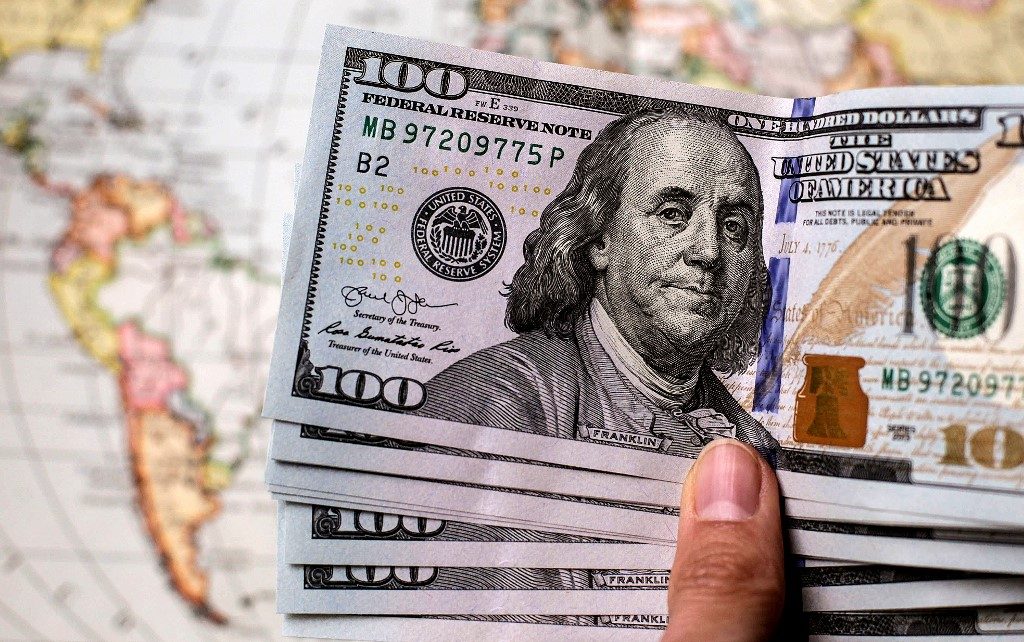São Paulo – Global foreign direct investment (FDI) totaled USD 1.39 trillion in 2019, from USD 1.41 trillion in 2018, down 1%, the United Nations Conference on Trade and Development (UNCTAD) reported this Monday (20).
According to the Global Investment Trends Monitor, this downfall occurred within a weak global macroeconomic scenario of political uncertainties for investors, which includes the United States-China trade war tensions.
Brazil attracted USD 75 billion in FDI in 2019, up 26% from a year before. According to UNCTAD, this resulted from the start of the privatization program. A highlight was the purchase of the shareholder control of Transportadora Associada de Gás (TAG) by a consortium led by the French company Engie for USD 8.7 billion.
Brazil traditionally is one of the countries that most receive FDI, and last year it was no different. The country ranked fourth, behind the US, China and Singapura.
Out of the Arab countries, investment in Saudi Arabia were up by 9% in 2019 from a year before, to USD 4.6 billion, from non-oil industry deals. According to UNCTAD, the largest transaction announced was the acquisition of part of Saudi company National Titanium by US company Tronox for USD 2.2 billion.
In Africa, Egypt remains as the top FDI destination. The country drew USD 8.5 billion last year, up 5% from a year before. UNCTAD believes that the country’s efforts in implementing reforms increased the investors’ confidence. The investment remains mainly directed to the oil and gas industry, but major deals were struck in telecommunication, real state, and tourism too.
In Morocco, however, the flow dropped by 45% year on year, to USD 2 billion.
Marginal rise
UNCTAD expects global FDI flows to rise modestly in 2020 on the back of further modest growth of the world economy, gross capital formation, and trade. Among the risks that may undermine the expected growth are the high level of debt among developing countries, geopolitical turbulences, and protectionism policies.
Translated by Guilherme Miranda




